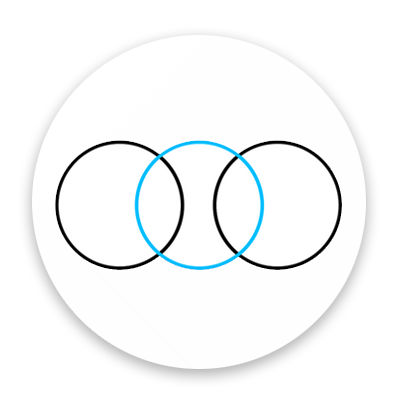From Wong Kar-wai's Chungking Express (1994)
Power of ‘Cinema’ to transform ‘the everyday’
In film, a great director (& crew) can turn a usually normal scene and transform it into something completely different, something ‘cinematic’.
PROJECT: Style Brief
Think of an everyday activity i.e. Walking the dog, Meeting the parents of your partner, Eating chocolate, catching the bus...
Think how you could use the language and dynamics of ‘cinema’ to transform this scene. This could be to evoke drama/ adventure, enhance tension, be sensual, question ‘norms’, make a social/ political statement....
The project is a vehicle to experiment with and develop your Film Production Skills. The film will form part of your portfolio for Film Production Skills Module. FMAP4501 Assessment One. Showcasing your Pre Production, Camera, Lighting, Sound Design and Editing Skills.
Consider: Mise en scene, Cinematography, Sound Design, Acting style. Mood, Genre, Style.
In this scene from Lynne Ramsey’s Ratcatcher. James a young boy from an impoverished family in 1970’s Glasgow, attempts to escape the streets around his tenement home that are piled with rubbish because of a dustmen's strike.
The end of this scene (from 4.30) is particularly poetic.
Barbie
Watch the scene above from Barbie and discuss how language of cinema is used.
What shots, sounds, techniques were used?
What meaning/ feelings/ thoughts did this portray ?
Big Shave (1967, USA, Dir. Martin Scorsese)
‘The Big Shave (1967) is well known for being the short that launched Martin Scorsese's career. Four decades later, it still stands as a powerful allegory of the Vietnam War and a study of aural and visual interaction, the gruesome bloody close-ups contrasting with the ironic use of upbeat rock music.’ BFI
‘Many film critics have interpreted the young man's process of self-mutilation as a metaphor for the self-destructive involvement of the United States in the Vietnam War, prompted by the film's alternative title, Viet 67.’ Wiki
ERASERHEAD
Sound design plays a key part in David Lynch’s surreal often unnerving debut film, Eraserhead. See DVD from around 13m50s / Ch.3 'Meet the Family'.
CHUNGKING EXPRESS
Atmospheric Slow Shutter speed camera work is used in the stunning opening scenes of Wong Kar-wai's Chungking Express (1994)
Offside (2005, Iran)
With Offside, Iranian Director Jafar Panahi, tackle’s gender politics through an absurd often funny portrayal about girls trying to sneak into a football match. Shot on location in Cinema Verite / Documentary/ Realist Style.
Director Jafar Panahi talks about the inspiration for the film:
Jafar Panahi - arrest and international outcry
On 20 December 2010, Panahi, after being convicted for "assembly and colluding with the intention to commit crimes against the country’s national security and propaganda against the Islamic Republic," the Islamic Revolutionary Court sentenced Panahi to six years imprisonment and a 20-year ban on making or directing any movies.
In the middle of the controversy and court appeal, Panahi broke the ban imposed on him from making films and made the documentary feature This Is Not a Film (2011) in collaboration with Iranian filmmaker Mojtaba Mirtahmasb. IThe film was smuggled out of Iran on a USB thumb drive that had been hidden inside a cake, and was a surprise entry at 2011 Cannes Film Festival,
In December 2012 it was shortlisted as one of 15 films eligible for Best Documentary Feature at the 85th Academy Awards. (more)
‘In 2013, he won the Silver Bear at the Berlin film festival for Closed Curtain, and then the festival’s top prize in 2015 for Taxi Tehran, which was entirely shot inside cars. He also won the best screenplay award at Cannes for 2018’s 3 Faces and received much acclaim for 2022’s No Bears.’
Read more about news about Jafar Panahi via link below.


